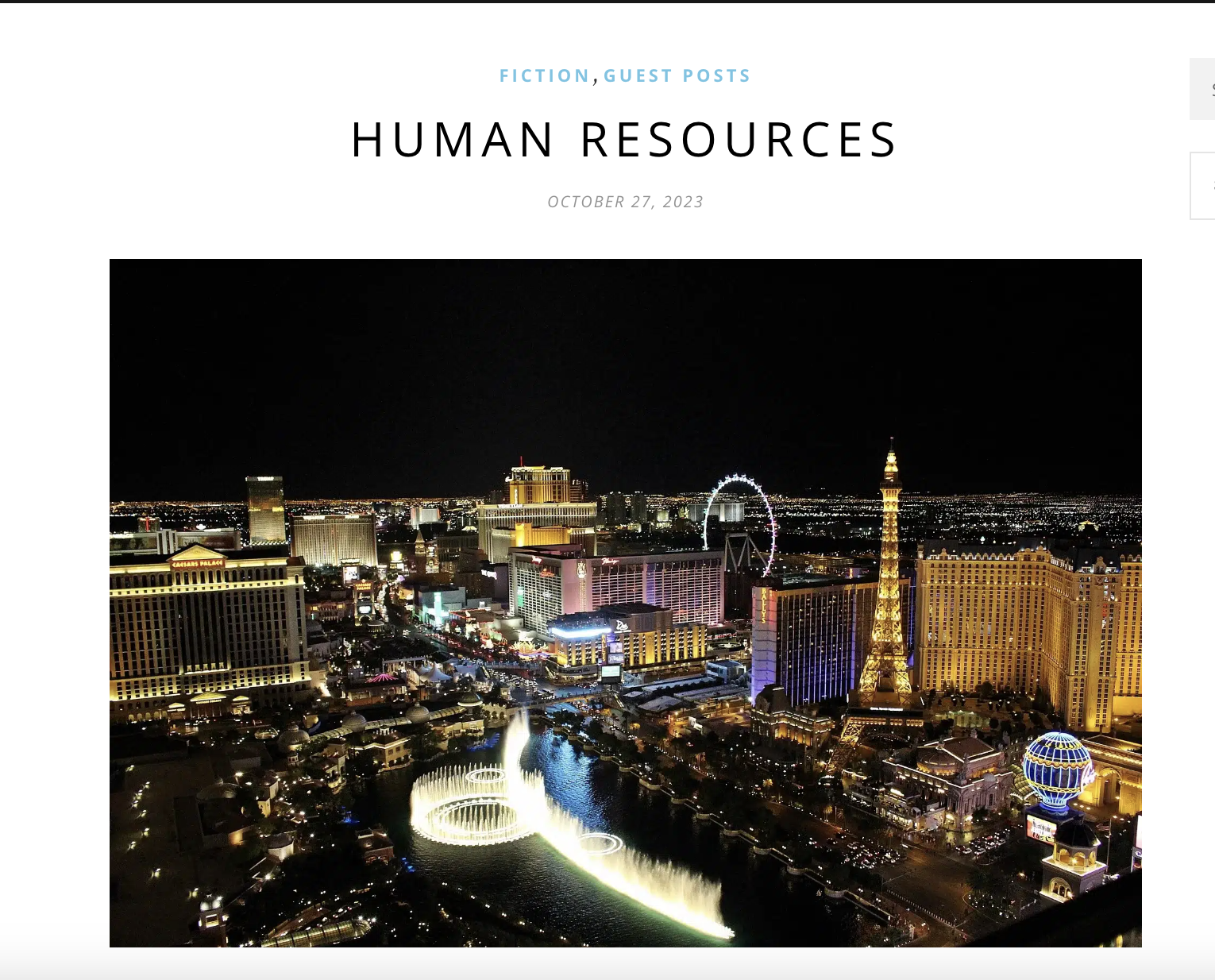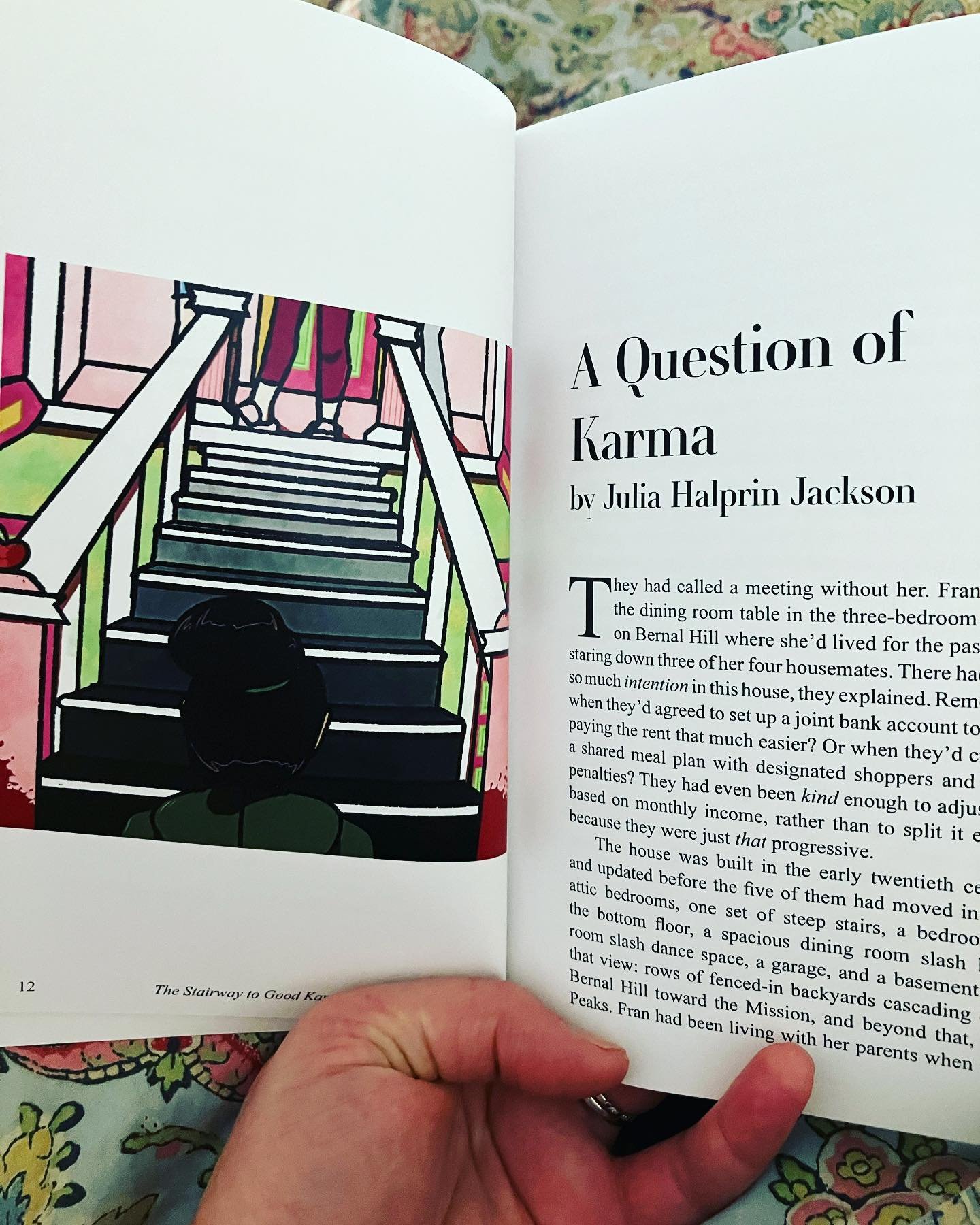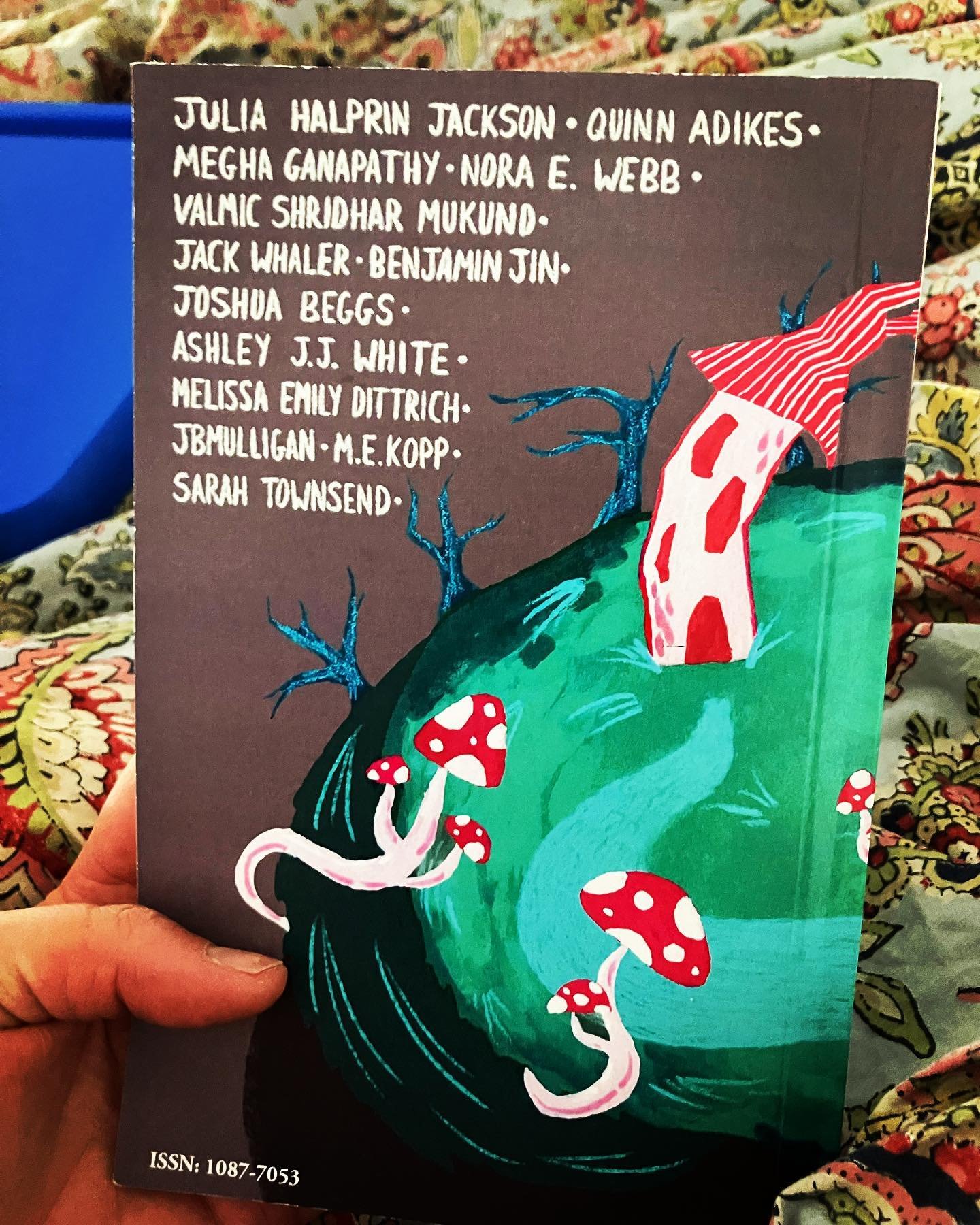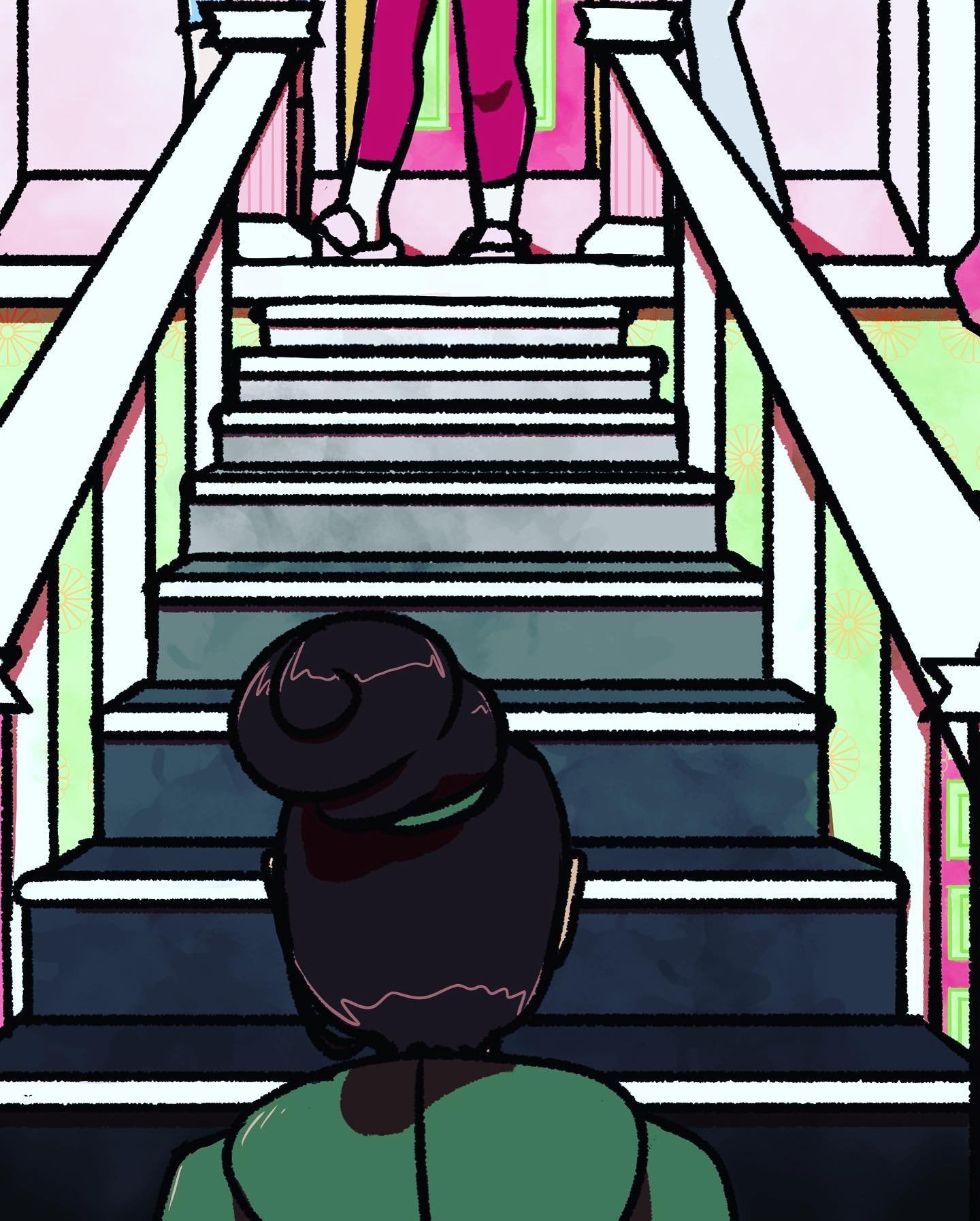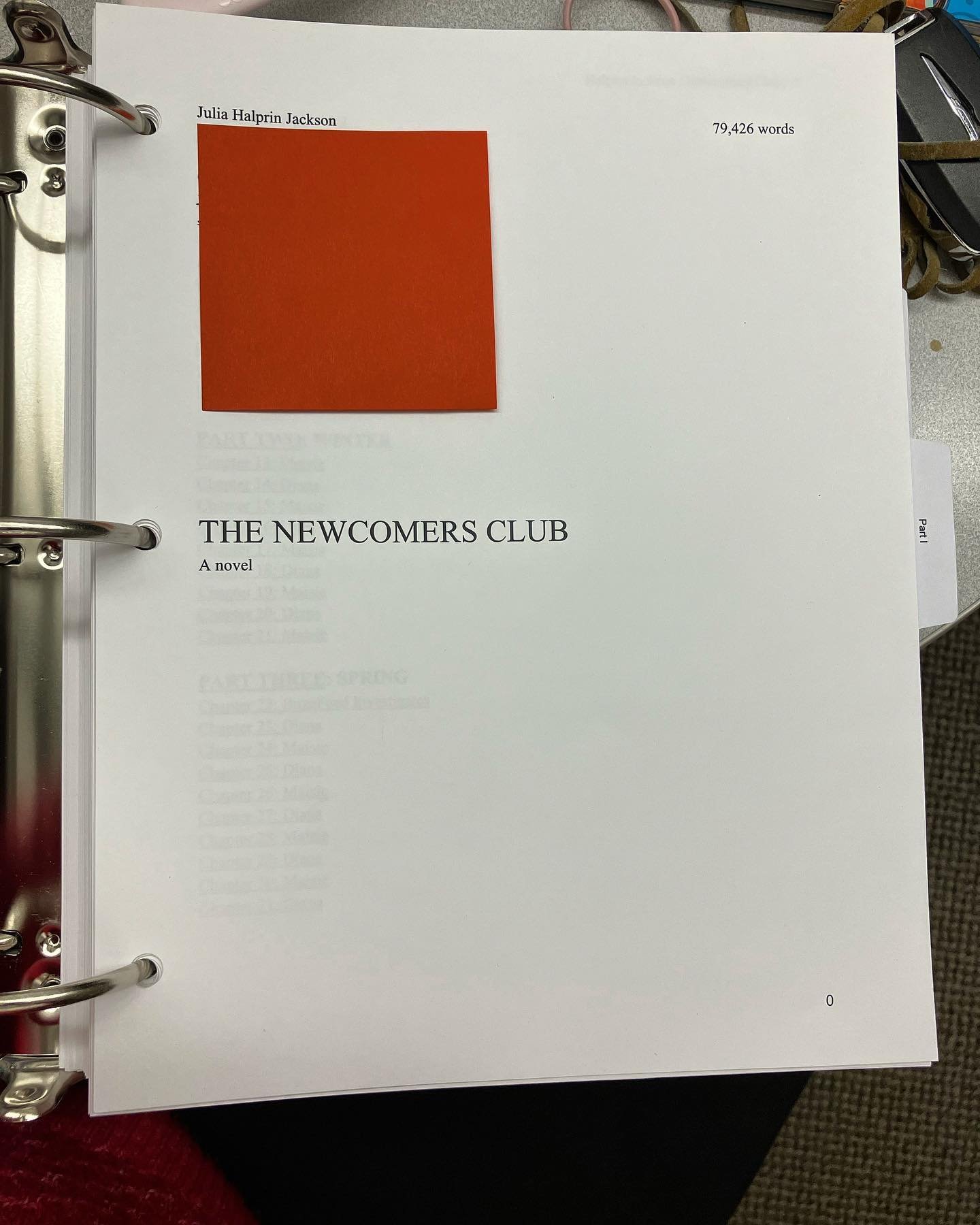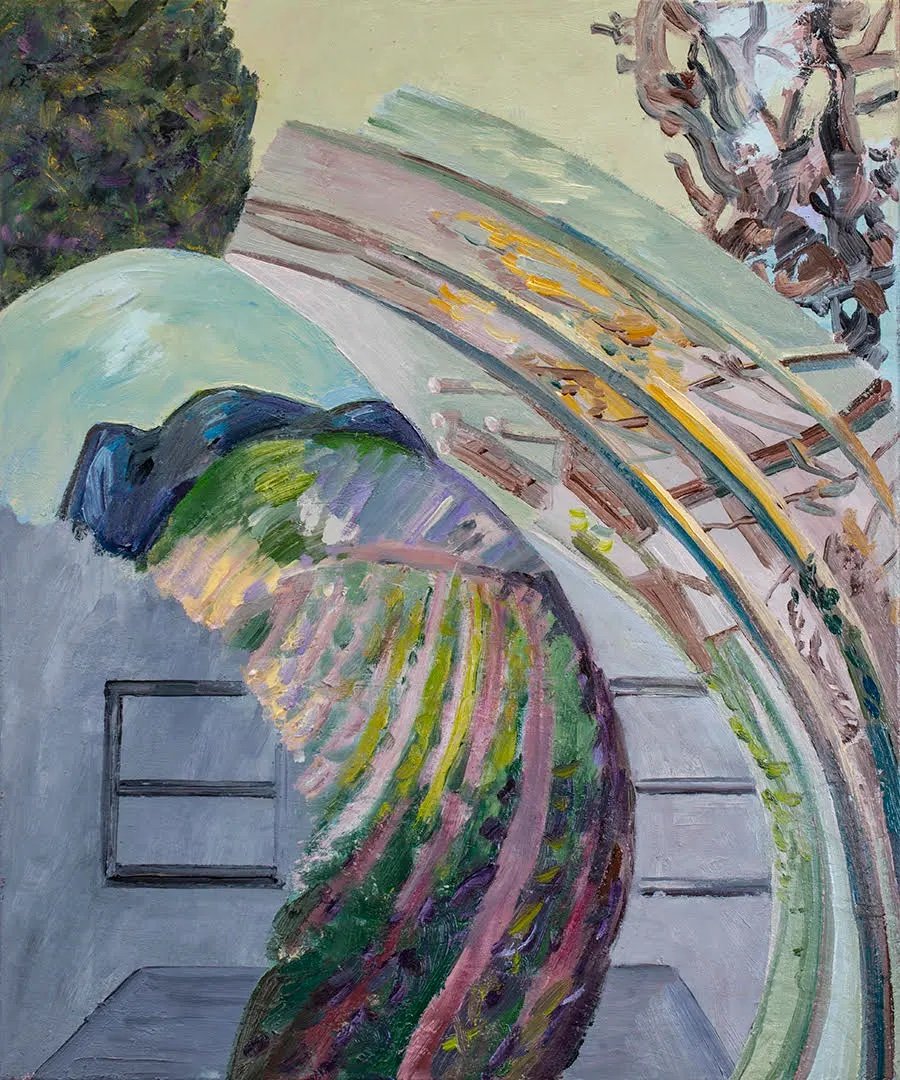I finished the first full draft of my novel manuscript, currently titled THE NEWCOMERS CLUB. I don’t know if I’ve ever felt as proud as I do right now.
My mind is full of disclaimers—it took me 11 years! To write 79,426 words! There’s so much more to revise!—and yet and yet and yet. I did it. I saw this project through. I created a narrative arc and executed it. I have been living with these characters and conflicts and scenes in my mind and in my body for well over a decade and now, finally, they are free on the page. I’ve opened the door to their cage and they are running, swimming, dancing, moving forward. The relief is palpable.
This book was born in October 2006, when I moved to southern Spain as a teaching assistant. I spent so much of that year alone and scribbling in notebooks that still live under my bed. Every day I wrote five observations that interested, confused or startled me. All the mistakes I made, all the words I learned, all the people I met, all the food I ate, all the places I went. I didn’t know what these words would become, if they would become anything, but I knew that each one felt important.
When I returned to California in summer 2007, I knew I wanted to get a graduate degree in creative writing. I wanted to polish my craft, learn from experts, immerse myself in the creative process. But I also needed health insurance, a job, stability, some semblance of adulthood. So I moved to San Francisco and worked multiple gigs, writing and doodling and reading and absorbing as much as I could. I didn’t know what I wanted to say but I knew I wanted to say something. I also needed to figure out how to pay for insulin and rent and food and the life I knew I wanted to lead.
So I applied for graduate school, got into a few places, quit my job as an international student advisor and enrolled in San Francisco State University’s MFA in creative writing program. A truly wonderful opportunity, and an amazing experience, and yet it was 2009 and no one was hiring and I took out one year of student loans and was amazed and frightened by the bills that kept coming. I say this with a heart full of gratitude to my parents, who graciously saved me by covering my healthcare for three years—a cost that, because I live with a preexisting and expensive condition, I’ve never forgotten. A cost that I know prohibits countless talented people from pursuing their dreams—or forces them to take on insurmountable debt.
So I applied for graduate school a second time, this time focusing only on schools that offered tuition remissions. By some miracle I was waitlisted to UC Davis for the second year in a row, admitted only when someone else dropped out. I’ll never forget the amazing writer Lucy Corin calling my cell phone to explain how, if I could secure an on-campus job for the following year, the program would waive my graduate tuition. That, plus I’d be moving to my hometown with minimal household expenses, which meant I’d be able to pursue my dream of getting a graduate degree without taking on extensive debt. Did I mention that UCD has great student health insurance?
And so I moved home. There were no teaching assistantships left, so I applied for everything I could find until I landed a graduate research assistantship with an anthropology professor, who hired me half-time to manage her lab. It was a huge learning curve—I was her office manager and intern wrangler, plus I assisted with grant writing—and I’ll never forget dedicating an entire week to resetting her entire IT platform. But it afforded me the chance to take classes with writers I admired immensely—the aforementioned Lucy Corin, plus Pam Houston, Yiyun Li, Lynn Freed. My classmates were (and are) so smart and accomplished and taught me so much about writing, revision, reading, workshopping. I always felt like I was running to catch up with the others but that urgency kept me hungry, creative, striving.
My second year at Davis I taught undergraduate creative writing workshops to offset tuition, perhaps one of the greatest joys of my school career. Our students were intellectually curious and fascinating and also actively engaged in the Occupy movement. The fall of my second year, faculty and graduate students from my department camped out on the Davis quad lawn and many of them were victimized by the now-infamous pepper spray incident, in which campus police retaliated against protesters. It was an interesting and complicated time to be studying writing; so much of the rhetoric that we examined was being played out in the media by and about our own campus.
I concluded my graduate career with a 140-page thesis, a jumble of stories and 100 flash fiction pieces which, together, sparked something deep inside me. I included three stories that I presented as a “story cycle” set in Spain and it wasn’t until my thesis defense that Pam looked at me and said, “Julia, these aren’t stories. This is the beginning of a novel.”
It honestly never occurred to me that I could write a novel. I had always pictured myself writing a “book,” but a novel? I spent so much of that year writing the shortest stories I could imagine. A novel sounded impossible. And exciting. I’ll never forget Pam’s words that day: “Julia, you are a worker. I could see you working and working on this and maybe one day, 10 years from now, you’ll come back with a book.”
I must have made a face because she laughed and said, “Or I don’t know, maybe five years?”
Ten years seemed so long at the time. I didn’t realize that in ten years, a person can launch a career, get married, have children, survive a pandemic.
Because that’s what happened next: I moved to San Jose to live with my then-boyfriend Ryan, who was in his second year teaching high school English. I brought my thesis with me. I took furious notes. I wrote in coffee shops. And I still needed health insurance, so I began applying to jobs in tech and higher ed, eventually becoming an assistant editor, then editor, at a university extension program.
Creative writing became, quite literally, my margins. The margins of all my notebooks, the margins of my life. Ryan and I got engaged, spent 18 months planning a wedding. We both lost family members. We traveled. I began applying for writing conferences and was completely startled to receive a work-study scholarship to attend the Bread Loaf Writers Conference in 2013.
Those two weeks were incredibly formative. I studied with the great Charles Baxter and roomed with Lydia Conklin (whose amazing debut collection RAINBOW RAINBOW came out last year). I met writers who now, years later, are Stegner fellows and authors of multiple books. I met my first agent and was too terrified to show him a single word of my work. I remember him looking me in the eye and saying, “Take your time. I’d much rather you spend years finding your voice and creating an amazing book than sending me something before it’s ready.”
Little did he know.
Back in San Jose, I craved literary community, so I partnered with the fabulous actor, director and writer Melinda Marks and the writer Nicole Hughes, then a graduate student at San Jose State, to launch a performative literary series. Play On Words started as a lark and in time became a quarterly event series that showcased the work of more than 70 writers in our 8-year run. Our last show was held virtually in 2021, and while we are not “over” by any means, we decided in 2022 to go on hiatus while Melinda pursues her PhD and I…finally finish this damn book.
Meanwhile, Ryan and I got married. We traveled. In 2016, we welcomed our first child. Our lives were consumed by her, in learning how to be parents. I believe there was a terrible election that year as well. Activism and community engagement became even more important to us. I transitioned from my copyediting job to one as a writer for another university, where I started applying some of my creative writing techniques to narrative journalism and news writing.
I applied for and continued attending writing conferences—Lit Camp, Tucson Festival of Writers, Napa Valley Writers Workshops, Mendocino Coast Writers Conference, Writers in Paradise. I workshopped chapters that I had written as short stories, and though I got some very helpful feedback, I found it hard to apply the commentary once I returned back to real life.
And then in 2019, we lost our second pregnancy. For months I felt adrift and lost, wondering what and how to write. Something big happened in 2020—I believe the world shut down? Due to a global pandemic? I got pregnant again and gave birth to our son three months into COVID. Life was chaotic and confusing and the rules to the universe appeared to be changing daily.
Along the way, I couldn’t help myself. I kept scribbling in the margins. I kept a massive spreadsheet of rejections and the occasional acceptance and bookmarked opportunities that gave me hope. Something in me kept going back to the page. Why isn’t this working? I wanted to solve this puzzle that had stymied me for so long. And every time I told myself, that’s it, the story’s no good, I felt the characters call me back. You’re not done, they yelled. You don’t get to stop til you’re done.
In 2021, I took a leap and applied for the Lighthouse Writers Book Project, a two-year program designed to support writers as they complete their manuscripts. Billed as an MFA minus the degree and grades, the program creates small cohorts of writers who are assigned mentors to guide them through the writing process. Again I was startled to be admitted, and even more surprised when the great Erika Krouse agreed to work with me for two years.
And that’s, finally, when the words began to flow. Ryan and I talked through a workable budget and we found babysitters who could help out on the nights when I had class. For the first time in so many years I remembered how thrilling it is to discover a story in motion. My grad school experience was so focused on producing short story writers and I had long assumed that my book was to be a collection of linked stories. Because that’s what Jennifer Egan did, and her book blew my mind. And Elizabeth Strout.
But then I remembered Pam’s words and realized, no, these aren’t linked stories. This is one unbroken story, told in two voices. And after living with those voices for so many years, I sensed that I knew what they would say. I knew what mistakes they would make. I knew how they’d push each others’ buttons and commit real cruelty and rare compassion.
Over the past two years, I’ve rediscovered, yet again, the power of writer friends who don’t mind reading shitty drafts. I’ve relied on friends like Melissa Flores Anderson and Tiffany Edwards, and members of my Lighthouse cohort Nur Ibrahim, Jihyun Yun, Candice May, Aakriti Pandita and Emily Werner. I took some mind-blowing classes from Jacinda Townsend, Rachel Weaver, Tiffany Quay Tyson, Sarah Elizabeth Schantz.
I’ve also rediscovered the joy of reading, though as a working parent “reading” means audio books. Thanks to our public library’s app, I’ve devoured about 40-45 books a year, and many of these novels and essay collections have influenced how I consider narrative, character and voice.
I set a goal to finish the novel in June 2022, which became October 2022, then December. Losing hope, I finally promised myself the first full draft would be written by March 15. And then I signed up for a writing class that met twice a week from 5-7 am (!), and by some crazy miracle I upped my word count to about 1000-2000 a day. This, from the woman who spent years revising 100-word stories.
And then, on Monday, January 30, 2023, after a full day of work and parenting, I returned to the page once more and completed the book’s 31st chapter. I wasn’t intending this to be the final chapter, but something shifted as I wrote the last few paragraphs, because I realized that there was nothing more to say. I had outlined a few additional chapters but they didn’t seem necessary any more. The characters had completed their arcs. I had written through the climax and its other side. And there, somehow, it was. The end.
The epiphany stunned me. It was as if time itself stopped. Yes, the characters had been freed from my mind’s cage, but already I missed them. Where did they go?
The next day I uploaded the full document and printed it at FedEx, paying extra to put it in a three-ring binder. The pages are glossy and gorgeous and I can’t stop touching the paper.
I know this isn’t the end. I know that many writers go through multiple full drafts of a manuscript, and that’s before they begin querying. If this book sees the light of day (and by god I hope it does), I am sure it will look very different by the time an agent or an editor engages with its words. And that’s okay. I look forward to that. But more than anything, I am proud.
I did it. I’m going to keep doing it, and I did it.
Welcome to the Newcomers Club.




